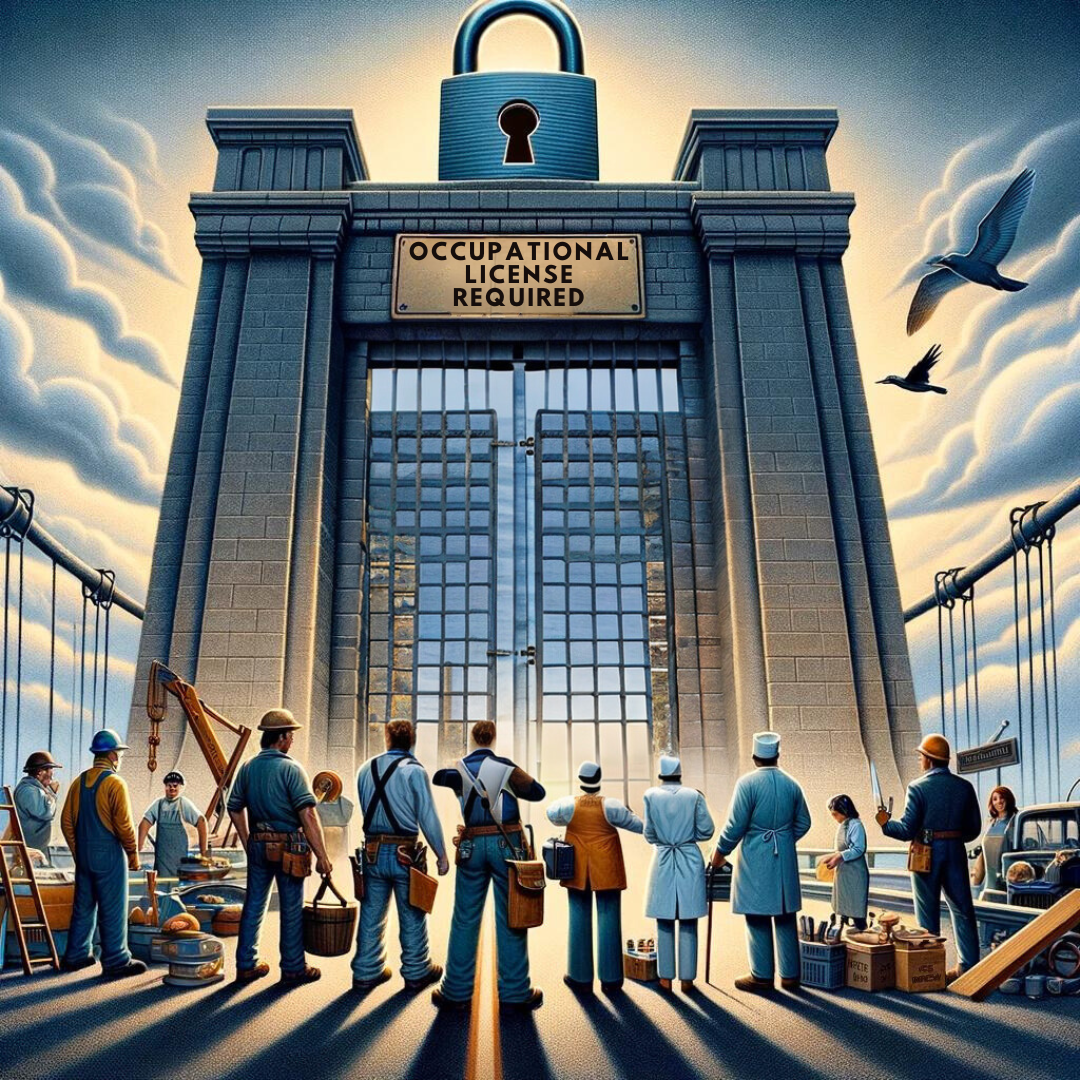Having fewer offices on ballot would increase accountability
This ran in the Tri-City Herald on August 4, 2016.
Washingtonians love their direct democracy whether via ballot measures or by electing nine separate statewide executive officials. Every four years, Washington voters are asked to elect the following executive branch offices:
- Governor
- Lieutenant governor
- Secretary of state
- Treasurer
- State auditor
- Attorney general
- Superintendent of public instruction
- Commissioner of public lands
- Insurance commissioner
But does direct election of so many statewide executive branch offices actually increase or hamper accountability?
Consider the example of K-12 education. When there are problems in the schools, whom should voters hold accountable? The governor, superintendent of public instruction, local school board? And what happens when even the candidates for these offices, let alone voters, don’t fully understand the functions of the office?
Consider the following example from the current race for lieutenant governor as reported by the Tacoma News Tribune:
“If you can’t name the responsibilities of the lieutenant governor, don’t feel bad. Even the people running for the job disagree about what Washington’s No. 2 statewide elected official can and can’t do.”
Today, eight of Washington’s statewide elected officials are autonomous of the governor. In practice, they can lobby the Legislature independently, and even work against what the governor is trying to accomplish. Any such conflict is resolved in those parts of government that are administered by appointees. If a policy disagreement arises among cabinet officers, the governor settles it by forming a single, unified policy for the administration.
Similarly, if the Legislature is unable to reach agreement with a cabinet official over important legislation, the dispute can be taken “over his head” to the governor. The governor may or may not agree with the position that the cabinet appointee has taken, but at least the Legislature will get a final answer. The Legislature knows that through the governor, the executive branch speaks with one policy voice. The reason this works is because the governor has direct authority over the appointed officials. They serve at the governor’s pleasure and can be dismissed at any time. The governor is accountable to the voters for the overall performance of the administration.
The secretary of state, superintendent of public instruction, commissioner of public lands and insurance commissioner are essentially policy offices, much like those currently in the governor’s appointed cabinet. Direct election of these offices does not necessarily create greater public accountability, but may instead cause policy confusion for voters with different positions being expressed by the executive branch.
The treasurer, auditor and attorney general, however, carry out an oversight role working primarily in an accountability capacity. It is because of this distinction that independent election of these offices makes sense. Since there would be just three of these “watchdog” offices, it would be easy for voters to remember what function these offices perform in state government.
Voters would then clearly understand what they are voting on when selecting among candidates running for these positions. As “watchdog officials,” it makes sense for the treasurer, auditor and attorney general (if provided enforcement power) to function as nonpartisan offices as is the case for state Supreme Court justices. An accountability versus policy argument could also be made for the secretary of state, so if that office is also retained as directly elected it too should be nonpartisan.
As for lieutenant governor, to ensure the successful transition of power in the event the governor is unable to fulfill his or her duties, it makes sense to have an elected lieutenant governor ready to step into the top office. That does not mean, however, that the lieutenant governor needs to be elected independently of the governor.
Instead, Washington should model the office of lieutenant governor after that of the vice president of the United States. This would mean that candidates for governor and lieutenant governor would run on the same ticket. Maryland structures its election of governor and lieutenant governor this way.
With fewer statewide elected offices, voters would choose the five highest state officials in four elections, as follows:
- Governor and lieutenant governor (joint ticket)
- Attorney general
- State treasurer
- State auditor
If problems arise with public education, insurance regulation, or management of public lands, voters would know that the solution lies with the governor, who could change the top managers of these policy areas at any time. If the governor fails to use his or her appointment powers to improve the management of these departments, voters could take that failure into account at election time.
Reducing the number of statewide elected offices would focus public accountability in a way that people can understand and remember. This would increase accountability both during a governor’s term and in election years when voters are assessing candidates for the state’s top offices.
Jason Mercier is the director of the Washington Policy Center’s Center for Government Reform. His office is in Pasco.








